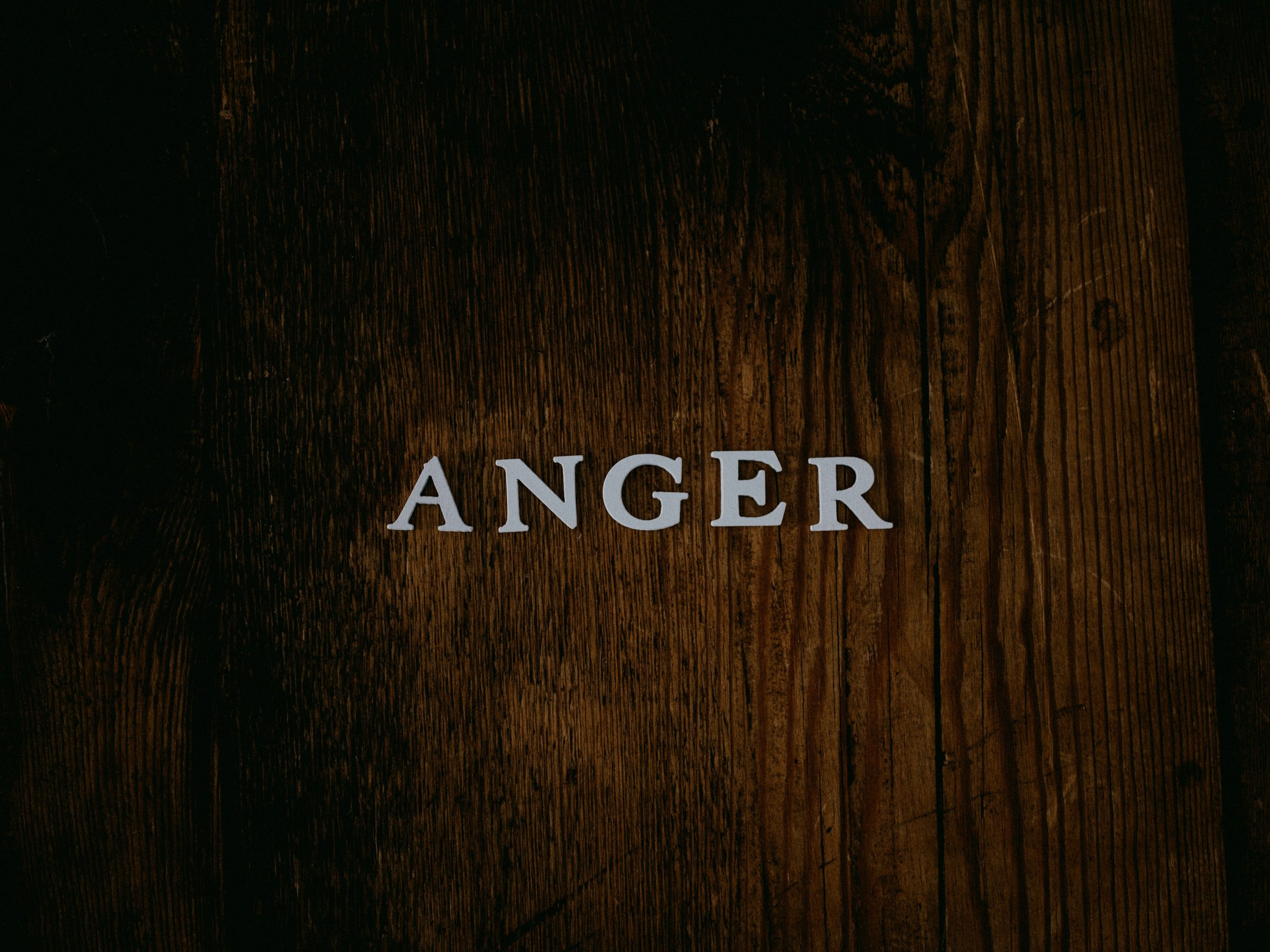| Getting your Trinity Audio player ready... |
If we penetrate into the child’s soul and reflect on its workings, examining it delicately and truthfully, we will find that usually a child does not turn away from God all at once. He does not violate the Shabbat, nor leave the Bet Midrash for the theaters, in one fell swoop. The Talmud, in tractate Shabbat 105, testifies: “This is the way the evil inclination practices its craft: today it says ‘do such and such’ and tomorrow it says ‘do so and so.’ ” With our superficial vision, we see the process of corruption only when it begins to be manifested in action. Our children do not start off right away committing grievous transgressions; they descend level by level, in graduated steps. But we must be aware that before a young person actually commits even the most insignificant sin, he has been experiencing a gradual inner crisis that began a year or more earlier.
Nothing that we have said is original; our Torah is eternal and will always direct us in how we are to ascend to God and how we are to comport ourselves in all our actions and in every particular of our existence. The Talmud (Shabbat 30:2), for example, relates; “Rabbah, before he began teaching the rabbis, would tell a joke. The rabbis would laugh. Then he would sit down and in a state of awe would begin the day’s lesson.” The reason for the joke was to create joy, for the presence of God can dwell only where there is joy, as the Talmud states (Shabbat 30:2). The Torah, however, “like a hammer smashing a rock,” explodes into many sparks, many reasons. The Talmud is here hinting at something about the relationship between a teacher and his students that is particularly pertinent in our generation. In order to heal the wound of alienation that has come between the student and his teacher, the teacher must make an effort to capture the student’s heart and to re-create the closeness that has been lost. Joy is one of the fundamental means through which young hearts can be captured: children and young people have no toleration for sadness. Their teacher must not appear to them to be an angry or contentious person. This is not to say that he should become frivolous or should sacrifice his dignity when appearing before his students; on the contrary, a teacher must present himself as an elevated person—but also as pleasant and good. The students should still tremble before their teacher even while he is joking with them; and likewise, even when he is trying to instill in them fear and respect, the awe should be laced with joy. “And rejoice with trembling’: not the trembling an angry or violent person might induce, but the kind of awe that a person of great spiritual achievement inspires.
And here we have to say the same thing to you, precious child. If you neglect the abilities that are locked up inside you, hidden so well that even you are unaware of them, it is not only you, yourself, that you hurt. You may be injuring the Jewish people as a whole— and the Holy One of Israel—by depriving them and Him of a great sage, a tzaddik of a high spiritual level This is the lament of the Shechinah, God’s presence, as she mourns for the lost potential of a Jewish soul: “Heavens and all your angelic beings, earth in all your fullness, cry bitterly for Me. I created the world and hoped to dwell in it. The great leaders of Israel and all My servants, the tzaddikim, draw My presence into the world and make My great Name holy in its midst. I waited so long for this soul, who was to have developed into a great and righteous man, a servant who would sanctify Me and draw Me into the world— and all this has been last. My presence on earth has been diminished, one of the legs of My throne of glory, which rests on the earth, has been smashed and broken.”
Hanging yourself is not the only way to commit suicide. A person who is lazy or halfhearted is also committing suicide. Time— precious hours, pieces of his life—he squanders and dissipates, and thus destroys. With a lazy person, it is at least possible that he will come to reconsider his ways, when he sees how many hours he has wasted and how the pieces of his life lie rotting in the mire. A person who does things half-heartedly is in a worse position because he is engaged in self-deception. He considers himself to be serving God and learning Torah, but since he is doing everything half-heartedly, he is also wasting his time and destroying pieces of his life.
Note to Readers: The insights and wisdom in these books are too valuable not to be shared widely. There’s an urgent need for them to be made into audiobooks, expanding their reach and accessibility. If you have the influence or means to make this happen, I encourage you to lend your support. Let’s work together to bring these important words to a broader audience.
Note: If you read online you can play it out loud with text-to-speech software such as Natural Reader.
Related Study (Chapter):
Orchot Tzadikim Chapter 16 ON LAZINESS













